Listeners:
Top listeners:
-
play_arrow
Vibrant Radio
-
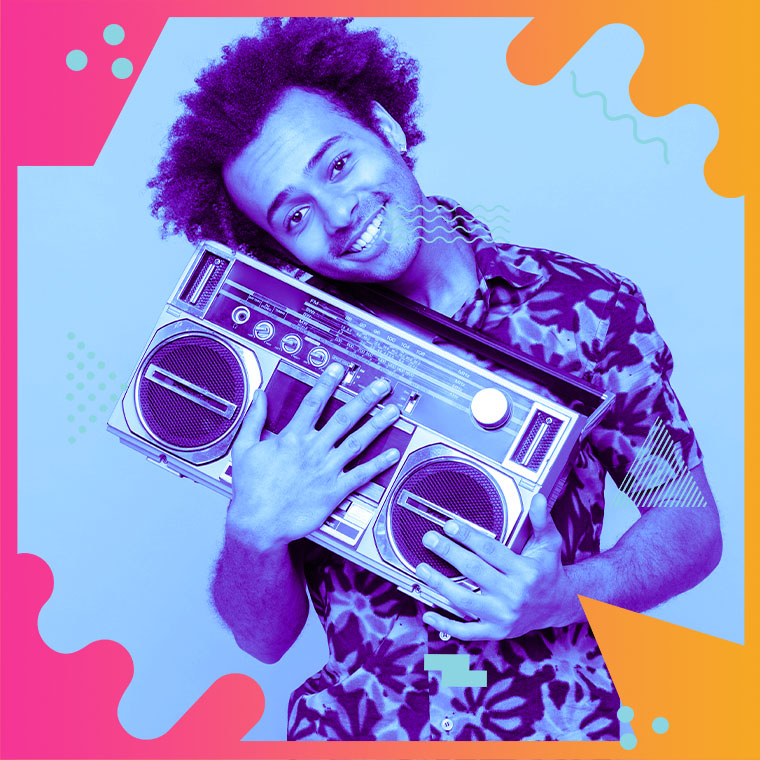 play_arrow
play_arrow
Top Techno Podcast Yana Bolder
-
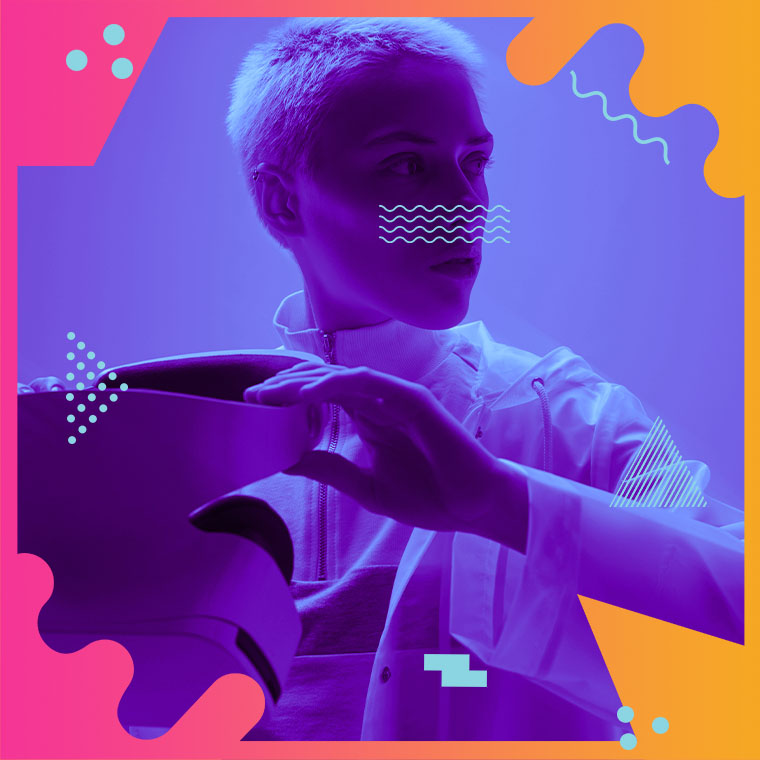 play_arrow
play_arrow
Summer Festival Podcast Robot Heart
-
 play_arrow
play_arrow
Berlin Sound Podcast Robot Heart
-
 play_arrow
play_arrow
Electronic Trends Podcast Aaron Mills
-
 play_arrow
play_arrow
New Year Eve Podcast Robot Heart
-
 play_arrow
play_arrow
ADE podcast Robot Heart
-
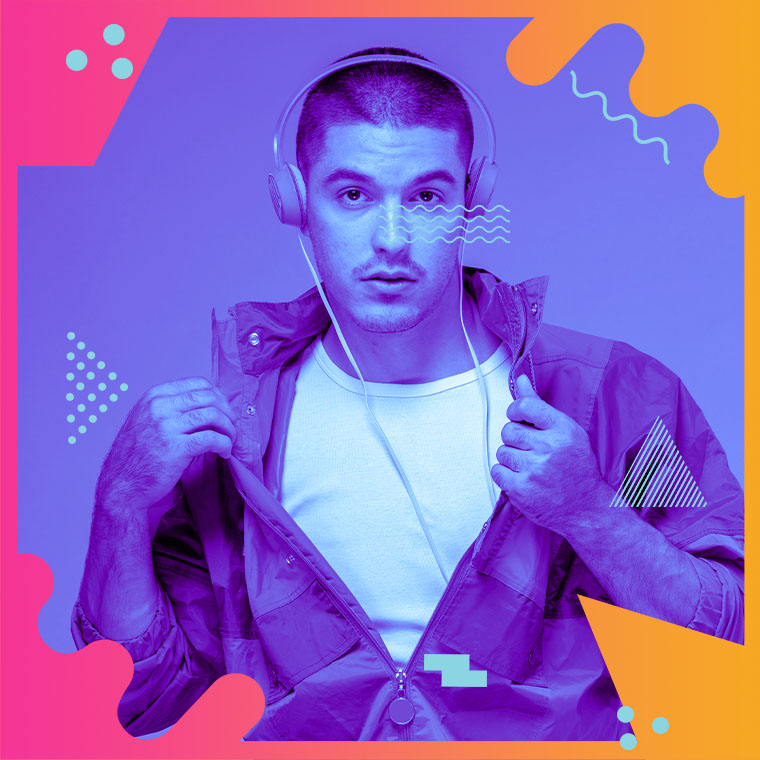 play_arrow
play_arrow
Techno Podcast Robot Heart
-
 play_arrow
play_arrow
Flower Power Festival Podcast Robot Heart
-
 play_arrow
play_arrow
Tech House Podcast Robot Heart
-
 play_arrow
play_arrow
Winter Festival Podcast Robot Heart
Portrait of a Legend: Frankie Knuckles — The Architect of House
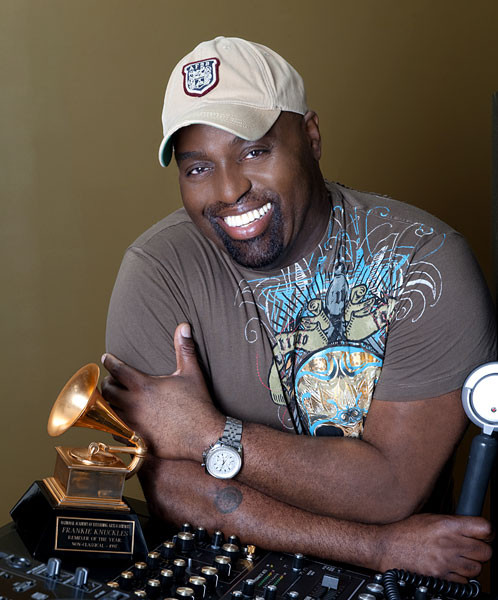
Portrait of a Legend:
Frankie Knuckles — The Architect of House
There are moments in music when a sound becomes a movement—and behind that moment, there’s often one name. For house music, that name is Frankie Knuckles. More than a DJ, more than a producer—he was a pioneer, an alchemist who transformed disco’s ashes and electronic fragments into something sacred. In the clubs he played, people didn’t just dance—they were reborn.
This is the story of a man who gave the world a new pulse.
The Bronx to Chicago: A Journey Begins
Born Francis Nicholls Jr. in the Bronx in 1955, Frankie Knuckles came of age when New York’s underground music scene was electric with possibility. He first made his mark as a DJ in the early 1970s, working alongside friend and fellow legend Larry Levan at iconic venues like The Gallery and Continental Baths.
But it was his move to Chicago in 1977 that would ignite a musical revolution.
At a converted warehouse known simply as The Warehouse, Frankie began crafting extended sets that blended disco, soul, R&B, gospel, and early electronic beats. He wasn’t just spinning records—he was creating something entirely new: a sound that pulsed with freedom, built community, and celebrated love in all its forms.
The genre didn’t have a name yet. But the people knew what they were feeling. They started calling it house—in honour of the Warehouse, and the man who defined it.
The Birth of House
Frankie Knuckles wasn’t a flashy DJ. His magic was emotional precision. He understood how to build a night—from slow gospel-infused intros to euphoric highs. His early productions, like “Your Love” and “Baby Wants to Ride”, fused political urgency with deep, soulful grooves. He gave house music its heartbeat.
With the help of innovators like Jamie Principle, Larry Heard, and later, Marshall Jefferson, house music became a movement—first in Chicago, then New York, then the UK, and finally the world.
By the late ’80s and early ’90s, Knuckles was remixing for megastars like Michael Jackson, Chaka Khan, and Whitney Houston, injecting their pop hits with underground soul. Yet no matter how big the venue or the crowd, his mission remained the same: make people feel free.
Beyond the Booth
Frankie’s legacy isn’t just sonic—it’s spiritual. He created safe spaces for marginalized communities, especially Black and queer people, in cities where those identities were under siege. On his dancefloors, people could exist fully, beautifully, and unapologetically.
In 2004, the city of Chicago named “Frankie Knuckles Way” in his honour and declared him an official cultural hero. He also won the first-ever Grammy for Remixer of the Year (Non-Classical) that same year—an overdue recognition of his artistry.
The Eternal Mix
When Frankie Knuckles passed away in 2014, the world lost more than a DJ. It lost a healer. But his music never stopped. His spirit lives on in every beat that invites liberation, in every night that becomes morning on the dancefloor.
House is more than a genre—it’s a message. One that Frankie wrote with love, sweat, vinyl, and vision.
Portrait of a Legend remembers Frankie Knuckles not only for what he created, but for what he gave.
He didn’t just move crowds. He moved history.
Written by: Gary
Similar posts
Recent Posts
Recent Comments
No comments to show.Chart
Top popular

Breaking: Top Pop Star’s Surprise Album Release Sends Fans into Frenzy
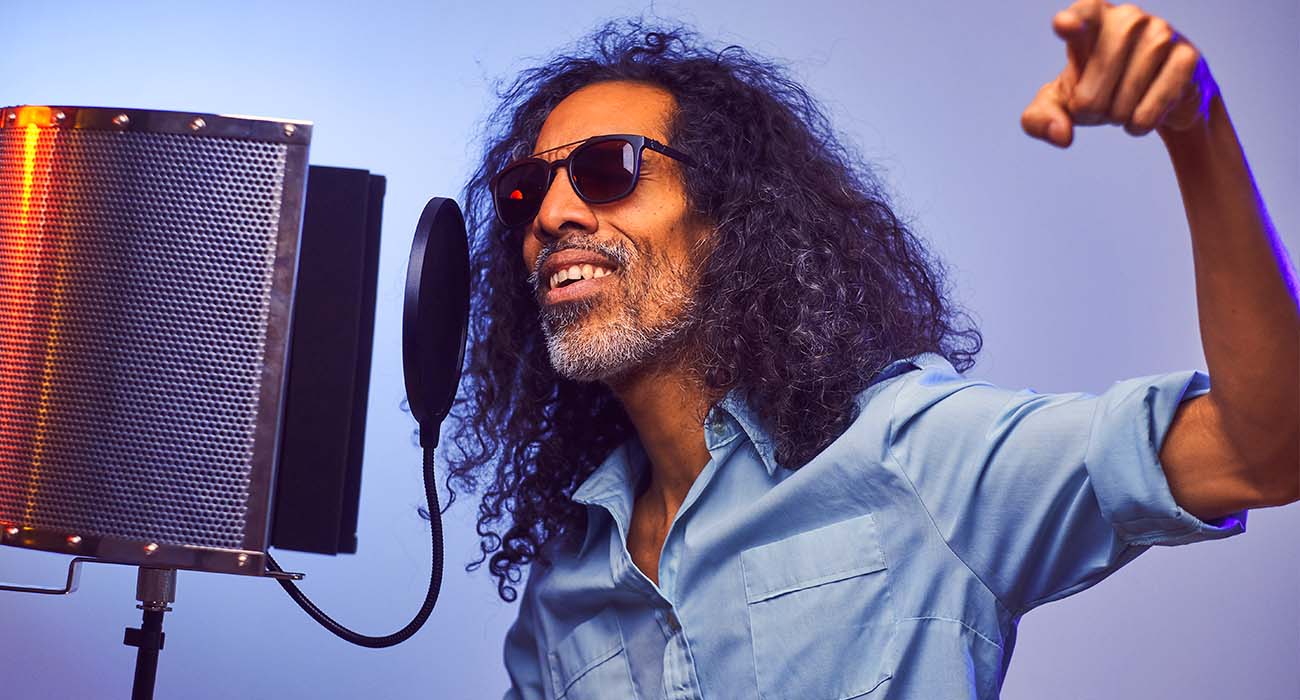
Chart-Toppers Unite: Pop Music’s Biggest Collaborations of the Year
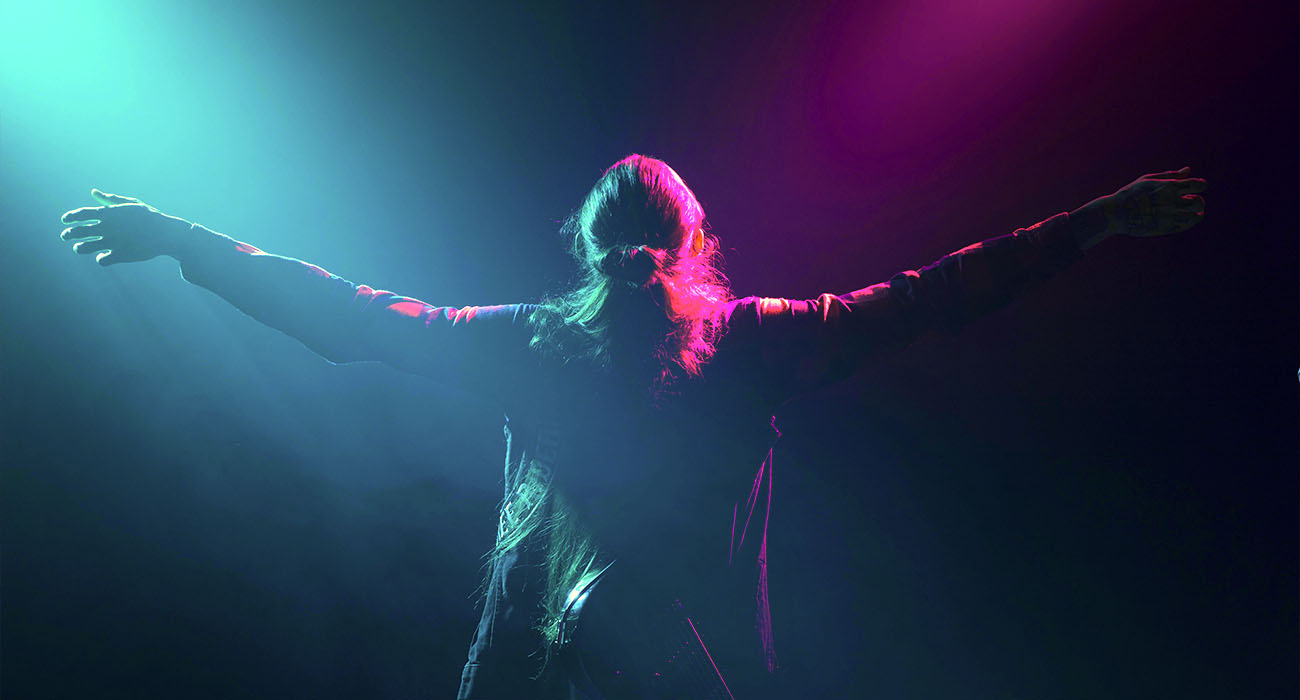
Behind the Scenes: Pop Music’s Hottest Producers and Songwriters
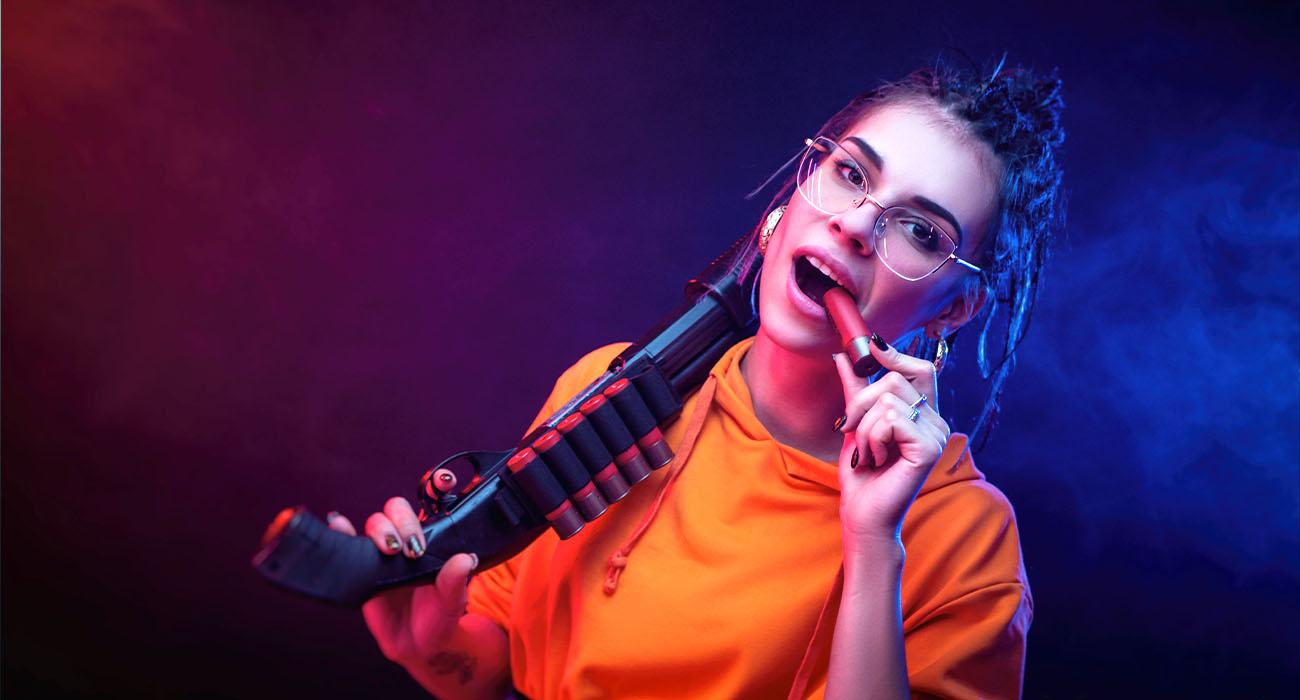
The Rise of K-Pop: How Korean Music Continues to Dominate the Global Scene

Exclusive Interview: Pop Sensation Opens Up About Their New Album and Personal Journey
BUILD YOUR RADIO WEBSITE WITH Pro Radio


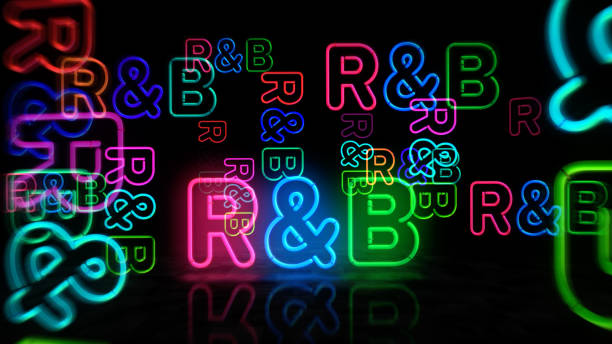
Post comments (0)